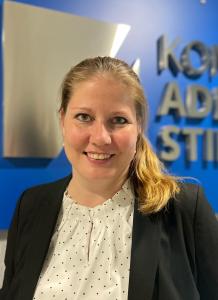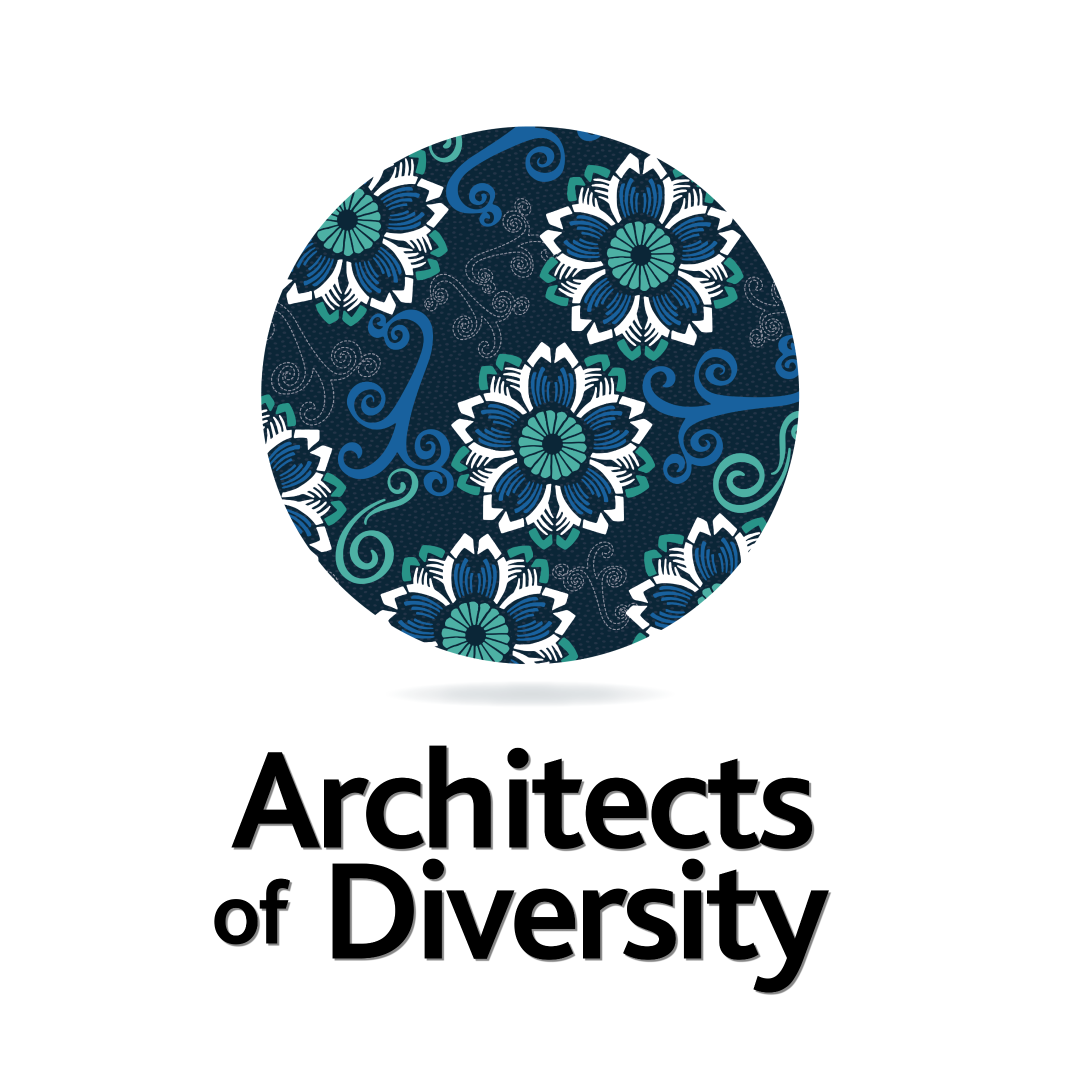Seminar
Details
Are you a youth member of a political party, a leader of a youth organisation or a youth activist?
Learn more about inclusive policy making and becoming an accountable policy maker! Series 1 of Politik.ita by AOD Malaysia and Konrad-Adenauer-Stiftung made an introduction to 'Indigenous Rights for Policy Makers', with insights from Dr Colin Nicholas from the Center for Orang Asli Concerns (COAC) on the issues and challenges of Orang Asli empowerment as well as policy formulation at the local, regional and federal level for greater Orang Asli equity.
First-Hand Witnessing of "Severe Environmental Degradation" of Indigenous Land
On 16, 26 and 27 February, Architects of Diversity and Konrad-Adenauer-Stiftung organised the first workshop of our Politik.ita series, “Indigenous Rights for Policy Makers”. Politik.ita aims to equip young and budding politicians with the knowledge to address current policy blindspots, highlighting inclusive and anti-discriminatory policies.
A total of 32 youth from political parties, youth organisations and activist groups participated in an online masterclass and site visits to Orang Asli communities conducted by Dr Colin Nicholas of the Center for Orang Asli Concerns (COAC). Participants were first equipped with in-depth knowledge on current legal and social challenges facing Orang Asli groups, including concepts such as Free, Prior and Informed Consent (FPIC) and the United Nations Declaration on the Rights of Indigenous Peoples (UNDRIP). Later, participants met with leaders and members of Orang Asli communities in Kampung Orang Asli Ulu Batu and Sungai Larah, Selangor, as well as in Kampung Orang Asli Paya Bunggor and Tumpesel-Chahabuk, Mengkapor, Pahang. In these trips, Orang Asli communities shared knowledge on their way of life, experiences with government policies and current demands for land rights and more.
Hear from Seri Haidah, a participant and KAS Young Scholar, on her takeaways for a more equitable future for Orang Asli groups in Malaysia:
“The workshop by Dr Colin Nicholas has given me vast insight into the issues of aboriginal people in Peninsular Malaysia. The site visit has shown me an even deeper view of these issues by witnessing first-hand severe environmental degradation of the Semaq Beri Customary Land in Pahang. The host family generously shared their life history, the killings of Aboriginal people during the Rawa Batak War, the capture and enslavement of Orang Asli during the Muslim Malay sultanate, the importance of Semaq Beri adat, the hardships they had endured in displacement, denial of basic amenities such as treated water, electricity, and internet) by the government, a faith-based organization sponsored hydroelectric project in the settlement, their political participation in Pakatan Harapan, and the yearnings for a better future.
Kak Fatimah that speaks fluent Semaq Beri language, is the Ketua Adat and shared with us the precious history of the community. Achang, the grandson of Ketua Adat is a precious gem, who is passionate and well-educated in his traditional knowledge (adat). He generously demonstrated a few sophisticated hunting skills to us in our gathering at his family home. Not to forget, Dr Colin Nicholas, who had volunteered his Expert Knowledge to the community between 2011 and 2022 in the Semaq Beri community fought for re-claiming their Customary Land from the government. Dr Colin was kind enough to share a recently published original affidavit before the visit commenced.
The living habitat of the community we visited is called Gunung Tungal by them. The surrounding has been actively logged, mined for iron, gold and some areas turned into oil palm and rubber plantations. The destruction happened about 30 years ago. Semaq Beri being a female-dominated community has been fighting strong for many generations. They are only protecting their rights and land from being exploited by outsiders.
I believe the local authority should make frequent visits to these villages to understand and protect their rights as citizens of Malaysia. There should also be an appropriate channel for aboriginal people to voice these issues to respective parties or to the public.”





